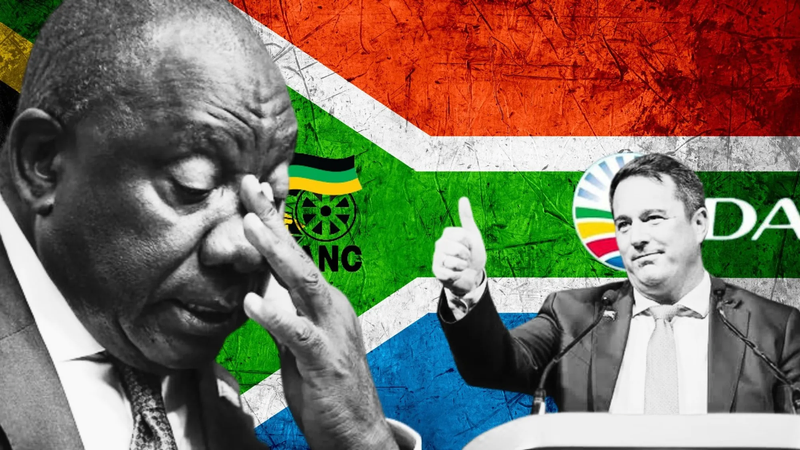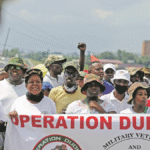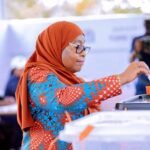After a week of intense discussions and decision-making, South Africa’s President Cyril Ramaphosa is set for re-election. This follows the African National Congress (ANC) reaching a GNU agreement with the Democratic Alliance (DA), the country’s second-largest party. Local media reports indicate that MPs were sworn in before the parliament votes for the president.
As per the agreement, the DA will support Ramaphosa’s re-election and an ANC speaker of parliament, in exchange for the deputy speaker position. This deal, which has not been publicly disclosed, was reported by the South African Broadcasting Corporation (SABC) and news outlets such as Times Live and The Guardian. The votes are scheduled for later on Friday at a convention center in Cape Town, as the parliament buildings undergo renovation after a fire in 2022. Forming a new cabinet may take longer, according to local media. To add confusion to the governance arrangement, some call it a tentative government not GNU or coalition.
The GNU arrangement is controversial among many South Africans, who remain bitter about the apartheid era. Those involved in ending apartheid are particularly unhappy. This situation could potentially lead to significant political standoffs in South Africa.
The ANC’s dramatic decline, losing its parliamentary majority and seeing its vote share drop from 57.5% in 2019 to 40%, reflects public dissatisfaction with chronic unemployment and deteriorating public services under ANC rule.
Internal conflicts within the ANC, particularly between former President Jacob Zuma and current President Ramaphosa, significantly impacted the election results. Zuma’s support for the MK Party, which gained substantial backing, was a critical misstep that shook the ANC government. This left the ANC with the challenging task of forming a government, requiring a coalition or a Government of National Unity (GNU).
The MK Party rejected a coalition with the ANC, demanding a recount and Ramaphosa’s resignation. Julius Malema’s Economic Freedom Fighters (EFF) also refused to join the new coalition, citing racial tensions between the black majority and the predominantly white DA, seen as aligned with the apartheid regime.
ANC Chair Fikile Mbalula confirmed coalition talks, mentioning that seven other smaller parties might join the coalition government. However, negotiations with the DA faced difficulties, and unresolved issues delayed a final agreement.
Two smaller parties, the Inkatha Freedom Party, a Zulu nationalist group, and the Patriotic Alliance, advocating for the death penalty and deportation of illegal immigrants, agreed to join the government.
Ramaphosa’s popularity is waning, with some considering him the worst-performing ANC leader. His faction’s preference for working with the DA aligns with the business community and investors. Although this ANC-DA coalition is controversial, some view it as promising for the country’s economy. The hope is for improved economic stability, food security, employment, and basic services for South Africans. It remains to be seen how this new government will affect the country and the continent as a whole.










